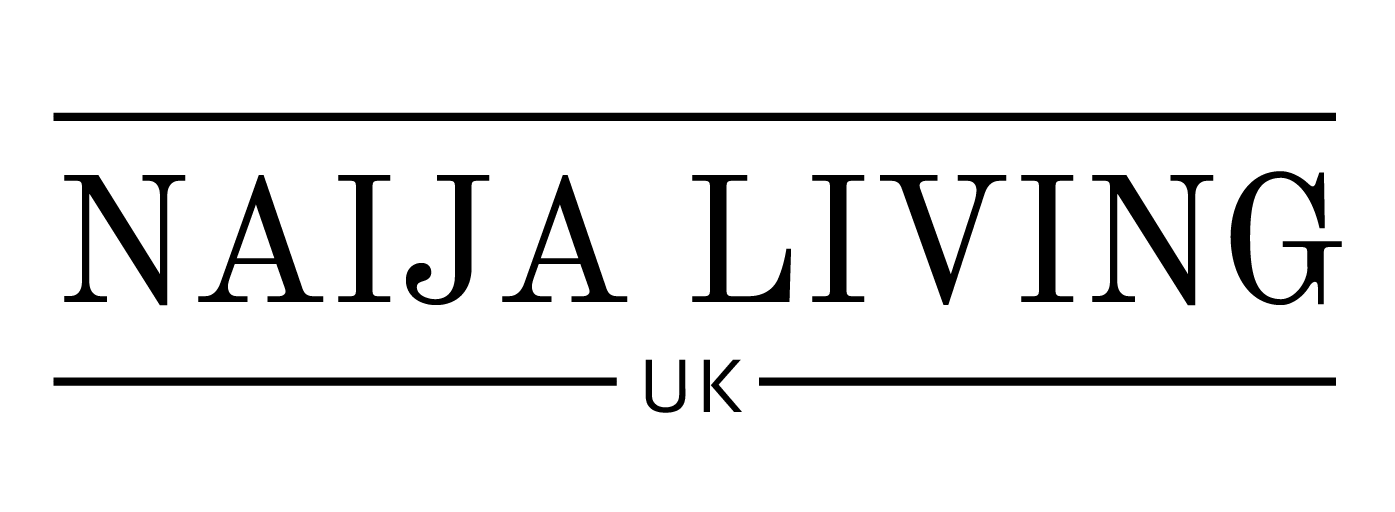Things to figure out to avoid credit card debt trap
Credit cards have emerged as one of the most sought-after payment options in the last few years. Recent data reported the total value of credit card usage in India at around Rs.293 million in August 2020 only. Such a rise in popularity of these payment cards is primarily due to their customer-friendly benefits like loans against credit cards that help users to tackle any financial requirement conveniently.
Ease of use, paired with its long list of benefits, enhances the utility factor of these payment cards. However, if not used properly, they can land a user into a circle of never-ending debt. Therefore, before applying for a credit card, applicants must gain ample information on how to avoid getting into a debt trap. Get more information here on Chase Sapphire Reserve
8 Tips to avoid credit card debt trap
- Planning in advance helps
Availing a loan against a credit card may not be difficult, but if not planned properly it can cause more harm than good. Therefore, before applying for a credit card or using it, make sure to keep a plan in place on the ways to repay the used amount.
An easier way to do so is by detailing in on a monthly budget. It will help you to get an estimation of your expenses and then plan accordingly.
- Paying the bills in time
An efficient way to avoid the credit card debt trap is to pay the due amount within the stipulated time. It saves users from paying additional charges like late payment fees or interest charges. At the same time, timely repayment of credit card bills positively affects the credit score of a cardholder.
- Pay the full amount
Paying the entire due amount every month is crucial to avoid getting into an uncalled-for credit card debt. Starting every credit card billing cycle with zero outstanding is a good practice in this regard.
- Make use of the interest-free period
Every credit card offers up to 45-50 days of the interest-free period. Paying off the debt within this period does not incur any charges and saves users from making any additional payments.
- Pay more than the minimum amount due if not paying in full
It is a commonplace practise among credit card users to pay the minimum amount every month. However, this habit can create a debt spiral, which is hard to end. Instead, users can repay more than the due amount to mitigate their debt one step at a time.
- Convert the bill into EMIs
Individuals struggling to repay their loan against a credit card can get in touch with the credit card provider to opt for an EMI option. It streamlines the repayment process and helps borrowers to eliminate their debt quickly.
- Pay off the high-interest rate credit cards
To manage and eliminate their credit card debts, users must pay off the credit card dues with a high-interest rate at first. It will reduce their credit card interest, if any, and help save money. A common mistake here is that individuals first repay the bills with a low outstanding amount, which is not ideal. Delaying the payment of high-interest rate credit cards increases the total debt, and makes it challenging to clear the total amount.
- Avoid cash advances
The Credit card features include withdrawing cash from ATMs to support a sudden liquidity crisis. However, this facility has a hefty rate of interest attached to it, which can increase the total debt of a user. An easier way to resolve this is to remember that this facility is for emergencies and avoid using them frequently.
Cards like the Bajaj Finserv RBL Bank SuperCard also come with up to 50 days of interest-free ATM withdrawal, helping users during their emergency financial requirements without levying any additional charge initially.
Along with that, the concerned card provider also brings pre-approved offers to streamline the credit card application process and help save time. It is applicable to other financial products as well, like business loans, personal loans, etc. Individuals can check their pre-approved offers by submitting their essential contact details.
A loan against a credit card is an excellent alternative to traditional credit options to manage any unforeseen financial obligations. However, if not managed properly, it can cause more harm than good. Therefore, individuals should consider ways to repay their credit card debt efficiently to break any possible debt cycle.


